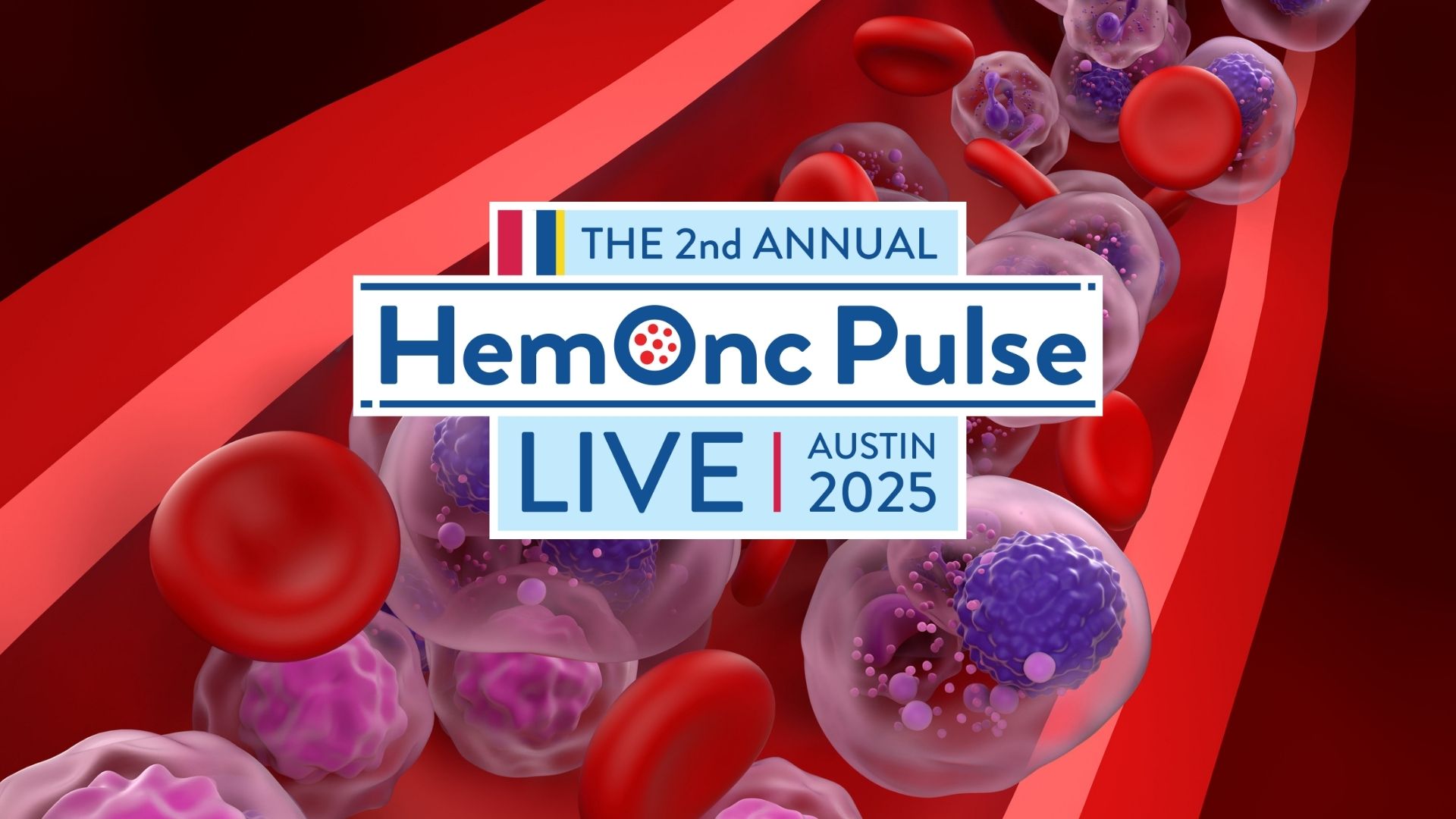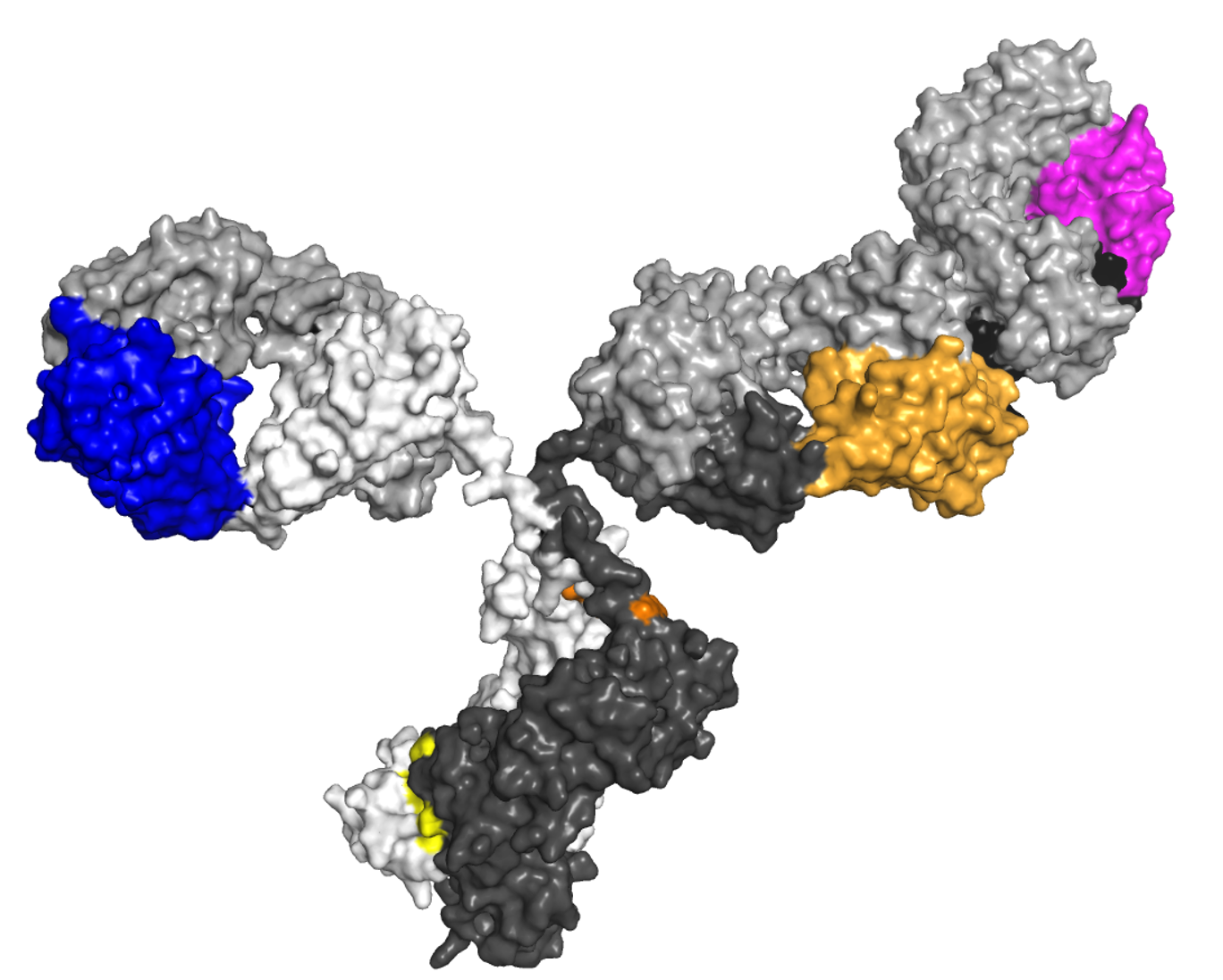
Treatment with elranatamab, a humanized BCMA and CD3 bispecific antibody, yielded “deep and durable responses,” and swapping to a biweekly dosing schedule may improve safety without compromising efficacy in the long term for heavily pretreated patients with relapsed or refractory multiple myeloma, reported authors of the ongoing phase II MagnestisMM-3 trial.
“Although additional follow-up is needed, maintenance or deepening of response was observed with elranatamab following the switch to a biweekly schedule,” noted lead author Alexander Lesokhin, MD, and colleagues. “Administration of a two step-up priming dose regimen successfully mitigated the rate and severity of [cytokine release syndrome (CRS)], with a predictable profile supporting the potential for outpatient administration,” they added.
This initial analysis included 123 patients without prior BCMA-directed therapies in cohort A. The primary endpoint was confirmed objective response rate (ORR), and secondary endpoints included median duration of response (DOR), progression-free survival (PFS), and overall survival (OS).
Based on blinded independent central review, the ORR was 61% (n=75), with 35% as a complete response or better. Of the responders, 50 swapped to biweekly dosing, and of those, 40 showed sustained or improved response after six or more months. Authors noted that median DOR, PFS, and OS had not been reached after a median follow-up of 14.7 months, though the 15.0-month rates were 71.5%, 50.9%, and 56.7%, respectively.
Common adverse events (AEs) included infections of any grade or grade 3-4 in 69.9% and 39.8% of patients, CRS of any grade or grade 3-4 in 57.7% and 0%, anemia of any grade or grade 3-4 in 48.8% and 37.4%, and neutropenia of any grade or grade 3-4 in 48.8% and 48.8%, respectively. Notably, after swapping to biweekly dosing, the rate of grade 3-4 AEs decreased from 58.6% to 46.6%.
Overall, “these results support the continued development of elranatamab as monotherapy and its further investigation in combination with standard or new therapies for patients with multiple myeloma,” concluded Dr. Lesokhin.
Reference
Lesokhin AM, Tomasson MH, Arnulf B, et al. Elranatamab in relapsed or refractory multiple myeloma: phase 2 MagnetisMM-3 trial results. Nat Med. 2023;29(9):2259-2267. doi:10.1038/s41591-023-02528-9






 © 2025 Mashup Media, LLC, a Formedics Property. All Rights Reserved.
© 2025 Mashup Media, LLC, a Formedics Property. All Rights Reserved.